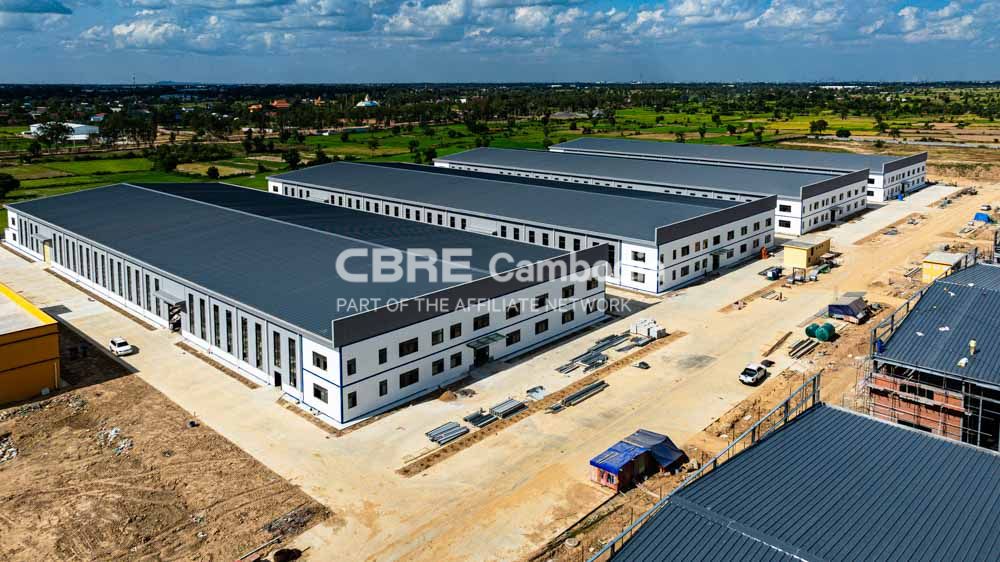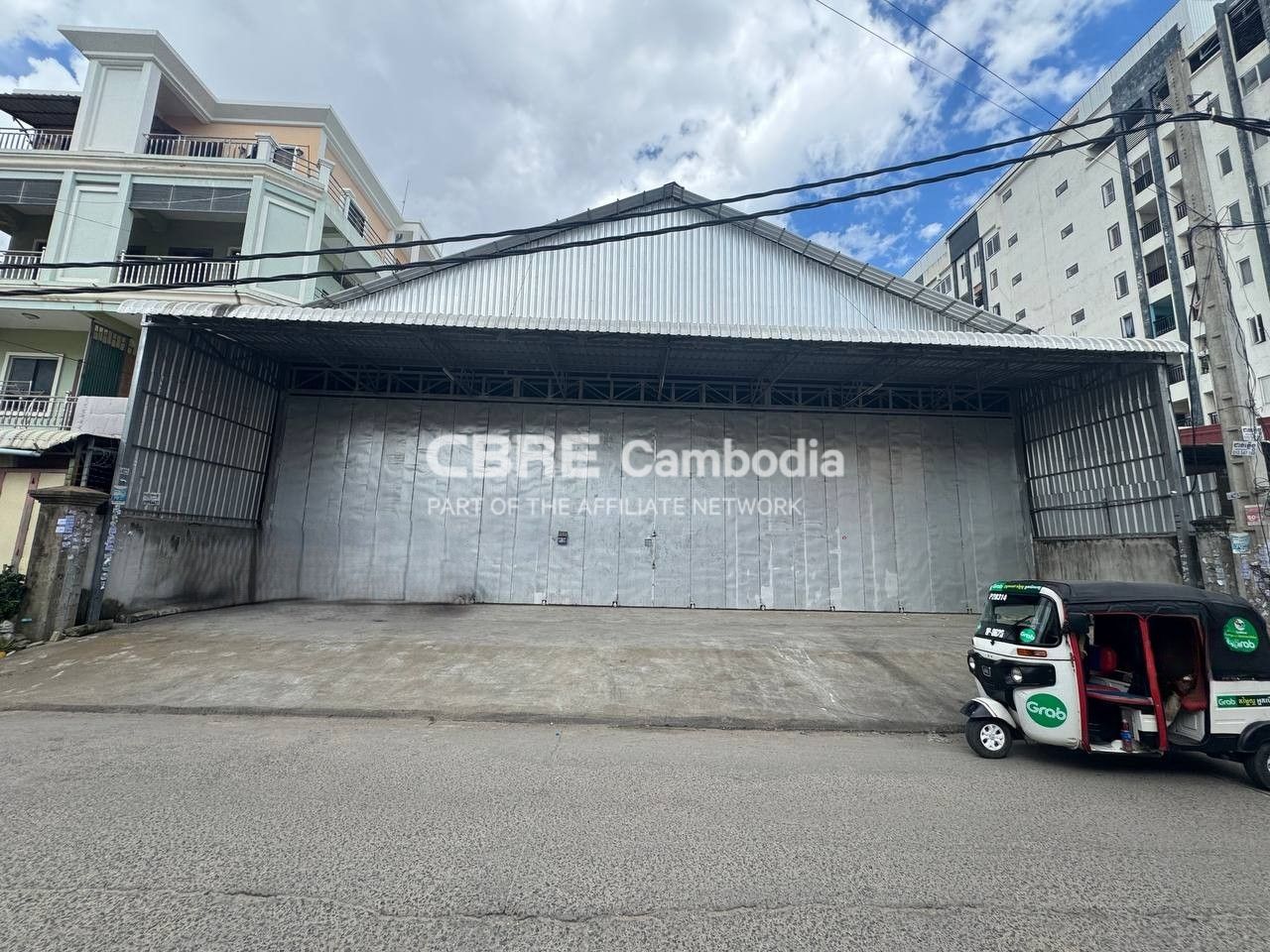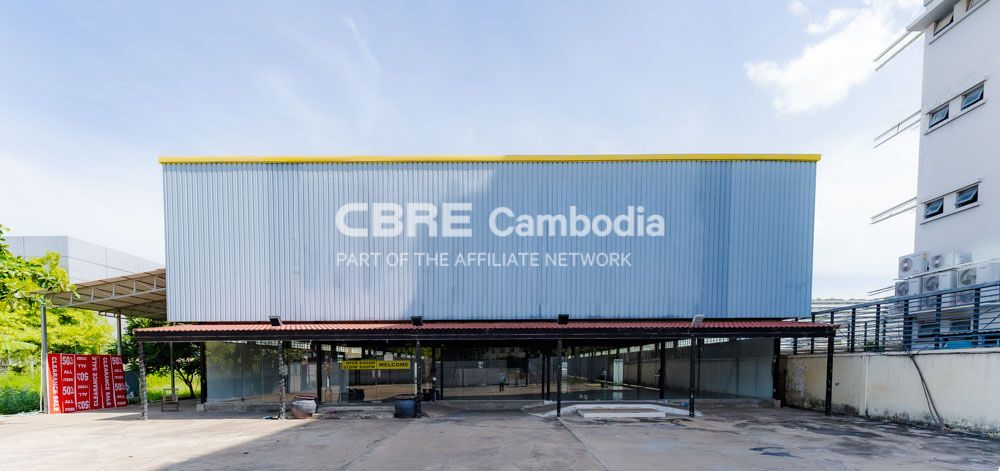
Description
Read More Hide- Land size: 25,000 sqm
- Total Warehouse size: 19,700 sqm- Each warehouse size 9,890 sqm
Included
- MZ: 980 sqm
- Electrical Room: 311 sqm
- Security & Nurse Room:116 sqm
- Suitable for factories or storage use
- Wide accessible road for all kinds of big trucks or containers
Handover
- Painted Wall
- Suspended Ceiling ( ceiling height approx. 10meter)
- Fire hose reel
- Electrical system
- Office floor split
Overview
-
Property Type:Commercial
-
Sub Type:Warehousing
-
Unit Size:19700 sqm








